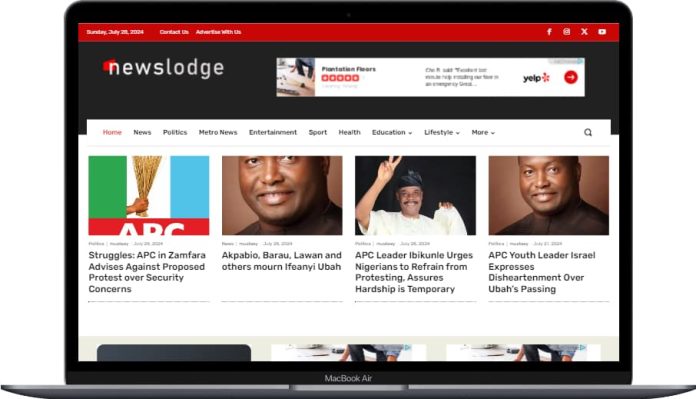[ad_1]
One of the things that is not usually found in the balanced scorecard, a tool seller rating can help an organization save time choosing business partners, as well as being able to work with them more consistently. Balanced Scorecard is a strategic management approach that focuses on getting the big and full picture in order to be more able to make important decisions. By using this framework, organizations can effectively target themselves to their goals while being aware of many aspects of overall performance. This concept is not a new concept, and it has been applied to many parts of the organizational endeavor, from performance management to planning and maintenance.
Basically, the balanced scorecard consists of four integrated perspectives: financial, marketing, development and operational. In the original terms by Kaplan and Norton supporters, these were the perspectives of finance, clients, learning, growth, and practical internal work. As it turns out, these include all of the organization's activities, and therefore you can rightfully claim to be able to measure and integrate all of these activities.
In an ideal application, the scorecard will be developed from top to bottom. That is, everything will start with a single mission or vision for the entire organization, a long-term goal. Then, according to this vision, smaller and smaller goals and targets can be formulated as necessary. Each department, sub-group, team and employee will ultimately be tasked with achieving a specific goal so that they can all move forward towards the vision. This will indeed ensure unity within the organization, as everyone will work towards the same goal. Cohesion will also improve, since ideally, everyone will know why they need to do what they are assigned.
Even in less than ideal applications where, to some extent, a bottom-up approach is required, a balanced scorecard is a powerful tool. It is useful, in one thing, to achieve clarity in the organization, by forcing the management to make a clear decision about a set of goals, and then to make sure everyone in the organization is educated.
Another reason why Balanced Scorecard is useful is that it provides an effective way to monitor these goals in all respects. The performance can then be measured using the relevant metrics against the ideal or desired outcome. Progress towards these goals can be determined, and whether there is significant progress or not, will be linked to performance. This is in contrast to some management policies and tracking the performance, blurry and mystery that have afflicted many organizations since the beginning of humankind.
With a balanced scorecard, seller choice of tools and relationships can be greatly improved. In the same way, a complete picture of these suppliers' performance in the past can be determined using the scorecard. Seamless business relationships can then be maintained by managing the appropriate department performance, again using methodology or scoring. This flexible and powerful tool in any arsenal must be smart strategists, because it can clarify things and make them easier to track and improve.
[ad_2]&


